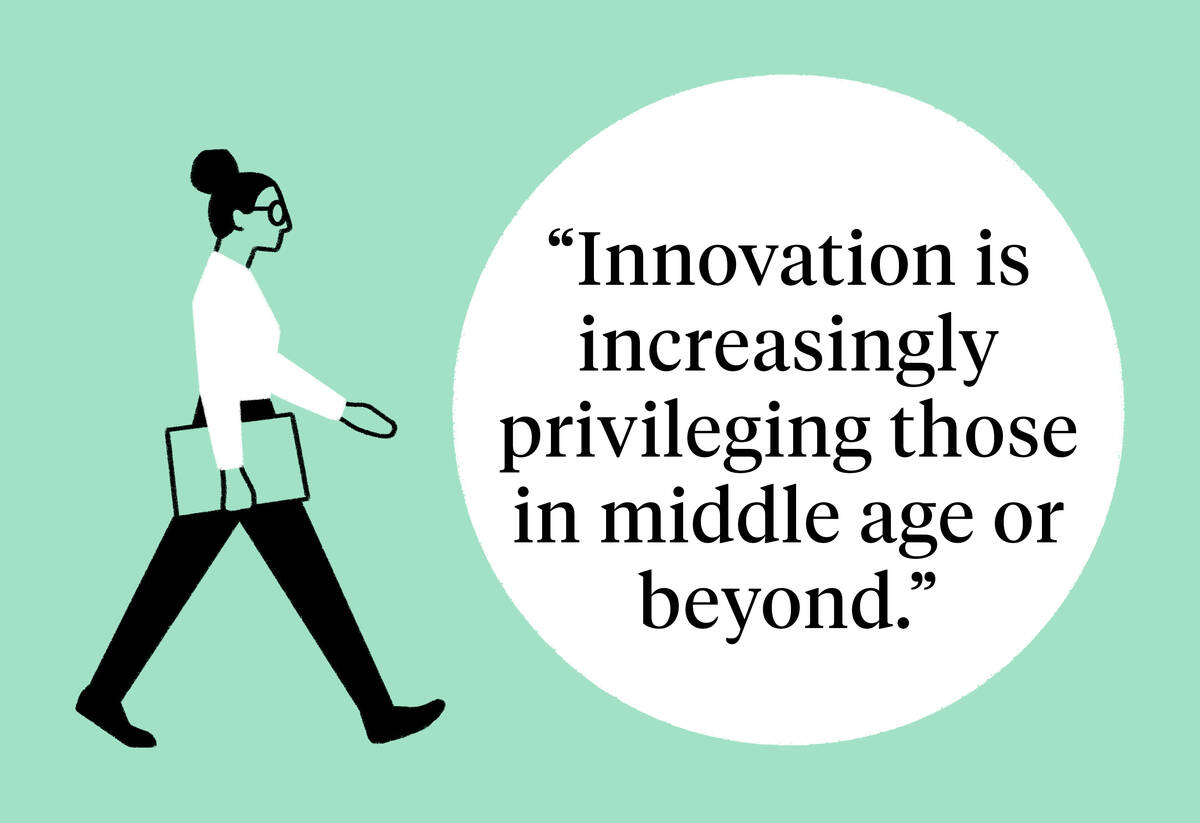Featured Faculty
Gordon and Llura Gund Family Professor of Entrepreneurship; Professor of Strategy; Co-Director of the Ryan Institute on Complexity; Professor of Economics (Courtesy)

Innovation. We can all agree it helps businesses—and entire societies—succeed. But how would you define it? And if you compared definitions with someone else, would they match? Innovation can feel like a big, unwieldy topic without a clear-cut definition or system of reference.
Words like innovation and creativity can seem almost magical—and like they might defy systematic insight. But thanks to a whole lot of big data at researchers’ fingertips, Kellogg professor Ben Jones says that’s changing.
“We just have great data suddenly, that we didn’t have before,” he says. “So we have data on every new business started in United States in the last 10 years. And every founder of all those businesses. We have data on every patent and all the inventors. We have data on every scientific article published around the world, and all the scientists, all the funders.”
And it turns out, all this data is producing some pretty interesting insights into where innovation comes from, and what we can do as a society to see more of it. In this episode of The Insightful Leader, Jones shares some of what he’s been able to learn from mining this wealth of data.
Note: The Insightful Leader is produced for the ear and not meant to be read as a transcript. We encourage you to listen to the audio version above. However, a transcript of this episode is available here.